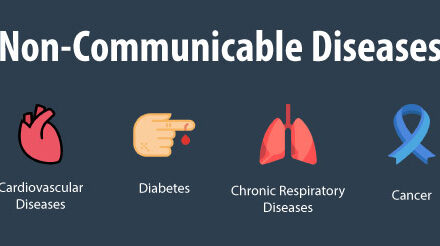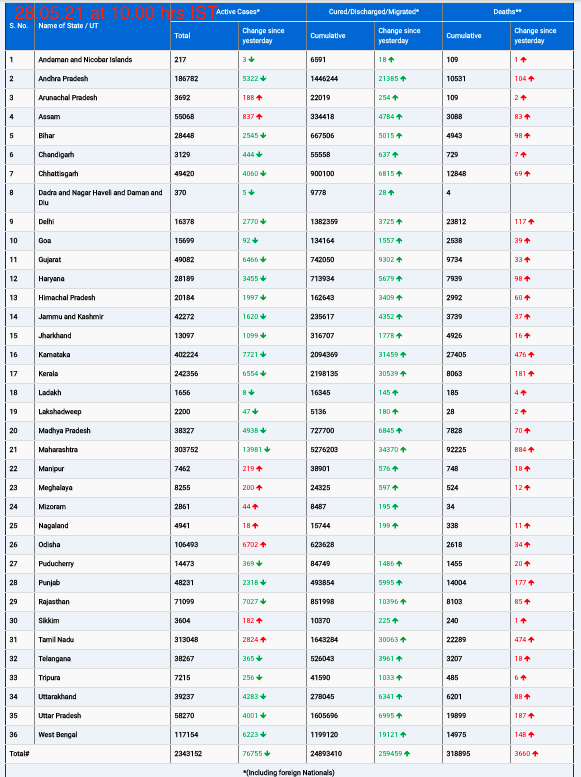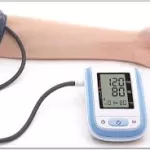In a recent incident that underscores a critical issue in medical safety, a 70-year-old man from Alabama tragically died at a hospital in Florida after a surgeon mistakenly removed his liver instead of his spleen. This type of error, known as a “never event,” represents a severe lapse in medical care that should never occur, yet these incidents remain disturbingly prevalent.
Understanding Never Events
Never events are severe, preventable mistakes in medical care that are considered unacceptable within the healthcare industry. They range from operating on the wrong body part, inserting the wrong prosthesis, to leaving foreign objects inside patients. Despite stringent protocols, these errors continue to occur, leading to significant harm and, in some cases, death.
In the UK, provisional NHS data reveals that between April 2023 and March 2024, there were 370 reported never events. The figures for previous years were similarly concerning: 384 in 2022-23, 407 in 2021-22, and 364 in 2020-21. This averages out to roughly one never event per day, a statistic that highlights both the scale of the problem and the relative rarity compared to the volume of procedures performed daily.
In the US, the situation is equally troubling. The number of never events increased to 1,440 in 2022 and 1,411 in 2023, a rise from previous years where they were less than 1,000 annually. In 2023, 18% of these events resulted in patient deaths, while 8% led to permanent harm or loss of function.
Common Errors and Their Causes
The error involving the removal of the wrong organ, like the one experienced by the Alabama man, is perplexing given the foundational anatomical training that medical professionals undergo. However, such errors are often multifactorial. Common mistakes involve confusion over the left and right sides of the body due to the symmetrical nature of human anatomy.
Studies have shown that in urology, clinical letters frequently fail to specify the correct side of a patient’s body, leading to errors like the removal of a healthy kidney instead of the diseased one. Similar issues occur with other paired structures, such as testicles and uterine tubes, which can have severe implications for fertility.
Orthopaedics is notably prone to these errors, with 35% of wrong-site surgeries occurring in this specialty, followed by neurosurgery (22%) and urology (9%). Misidentification and clerical errors also contribute to tragic outcomes, such as the case where a hospital in the Bronx, New York, inadvertently turned off the life support of the wrong patient.
The Financial and Emotional Toll
The repercussions of never events extend beyond immediate medical harm. They have significant financial implications, with the cost of settled claims in the NHS reaching over £17 million between 2015 and 2020. Globally, claims related to such errors exceeded US$1.3 billion between 1990 and 2010. Beyond financial costs, these events impose a profound emotional toll on patients and their families.
Progress and the Path Forward
Efforts to mitigate never events have seen some progress. The World Health Organization (WHO) introduced the surgical safety checklist in 2008, which was adopted by the NHS in 2009 and has been in use in the US since 2004. These protocols have proven effective in reducing post-operative complications and deaths by 36%. Despite this, the persistent occurrence of never events indicates that more work is needed.
As healthcare demand grows, maintaining patient safety requires continual adaptation of systems. Addressing human factors, ensuring adequate staffing, managing workloads, and supporting staff welfare are crucial to minimizing these preventable errors.
In conclusion, while strides have been made in reducing never events, the persistence of such errors highlights the ongoing need for vigilance and improvement in medical practices. Ensuring patient safety must remain a paramount priority as the healthcare system evolves to meet increasing demands.











